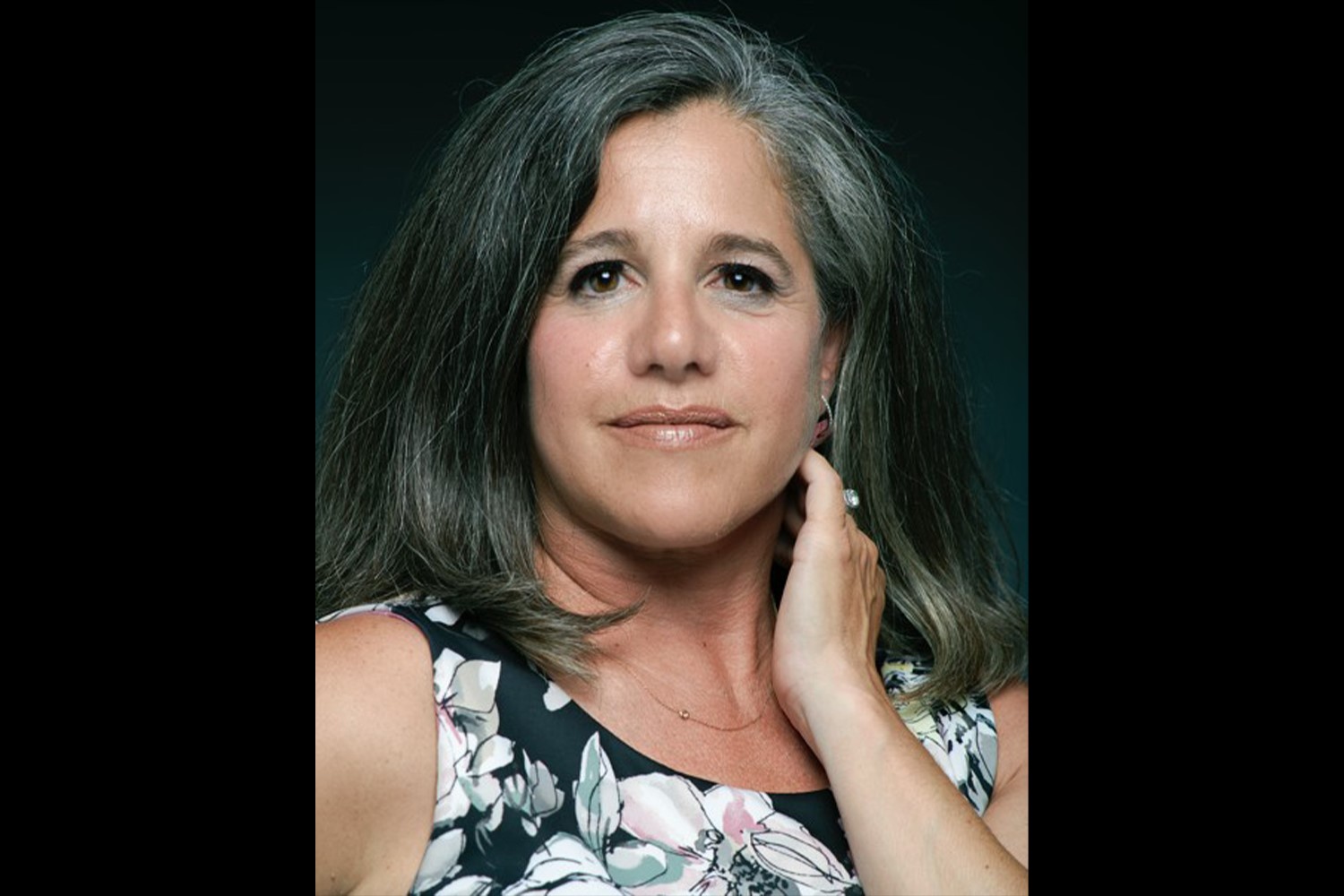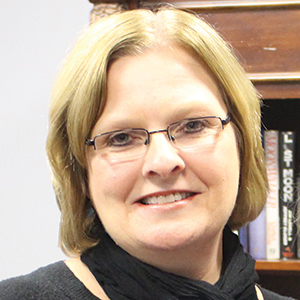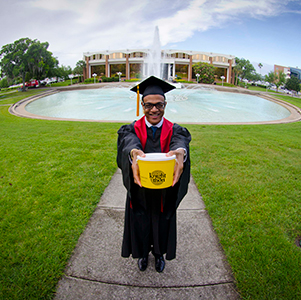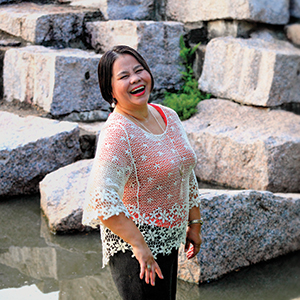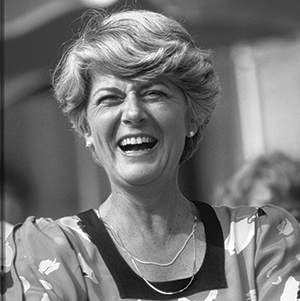-
Honor Your Body
Coming to terms with feelings and emotions about weight gain and weight loss is often part of a cancer patient's experience.
by Sue Rochman
-
First Person
To Test or Not to TestTwenty-two years after the first of two breast cancer diagnoses, a survivor decides to undergo genetic testing.
by Cynthia Ryan
-
Breaking the Blood-Brain Barrier
Advances in treating brain metastases and reducing their side effects are bringing new hope to cancer patients.
by Sue Rochman
-
In the Moment- Fall 2015
Chris Hixon, Lesley K. Glenn, Kristina Giard-Bradford.
-
Survivor Profile
Stop the SilenceCancer survivor Cherry Sloan-Medrano works to encourage a conversation about cancer among Asians in the U.S.
by Jenny Song
-
Colorectal Cancer: A Troubling Trend
More people are being diagnosed with colorectal cancer before 50, the recommended age to start screening.
by Charlotte Huff
-
The Work-Cancer Balance
Some patients want to work through illness and others need to, but juggling work responsibilities and treatment regimens can be a challenge.
by Leigh Labrie
-
Yesterday & Today
Taking Her PlaceGeraldine Ferraro, the first woman nominated for vice president on a major-party ticket, used her political prowess to advocate for women's equality. In 1998, she was diagnosed with multiple myeloma.
by Sharlene George
-
In the Moment- Summer 2015
Beverly McKee, Charlie Haygood, Patricia Fernandes.
-
Preserving the Future
Young adults undergoing cancer treatment who may want to have children should talk with their doctors about ways to preserve their fertility.
by Marci A. Landsmann
Cancer Talk
Lessons From 20 Years Living With Cancer
Multiple myeloma survivor Jonathan Gluck reflects on uncertainty, and the scientific progress that has kept him living with cancer for more than two decades.
by Eric Fitzsimmons
The Enduring Importance of Cancer Disparities ResearchOpening session from AACR conference highlights how perseverance and adversity have informed cancer disparities research over the years.
by Eric Fitzsimmons
Most Cancer Survivors Don’t Meet Healthy Diet GoalsDespite research linking fruits and vegetables to cancer survival, many people do not change their eating habits after diagnosis.
by Darlene Dobkowski
Many People Don’t Get Colonoscopy After Receiving Abnormal Blood TestsAbout half of people who receive abnormal results from colorectal cancer screening tests don’t follow up with a colonoscopy.
by Laura Gesualdi Gilmore

